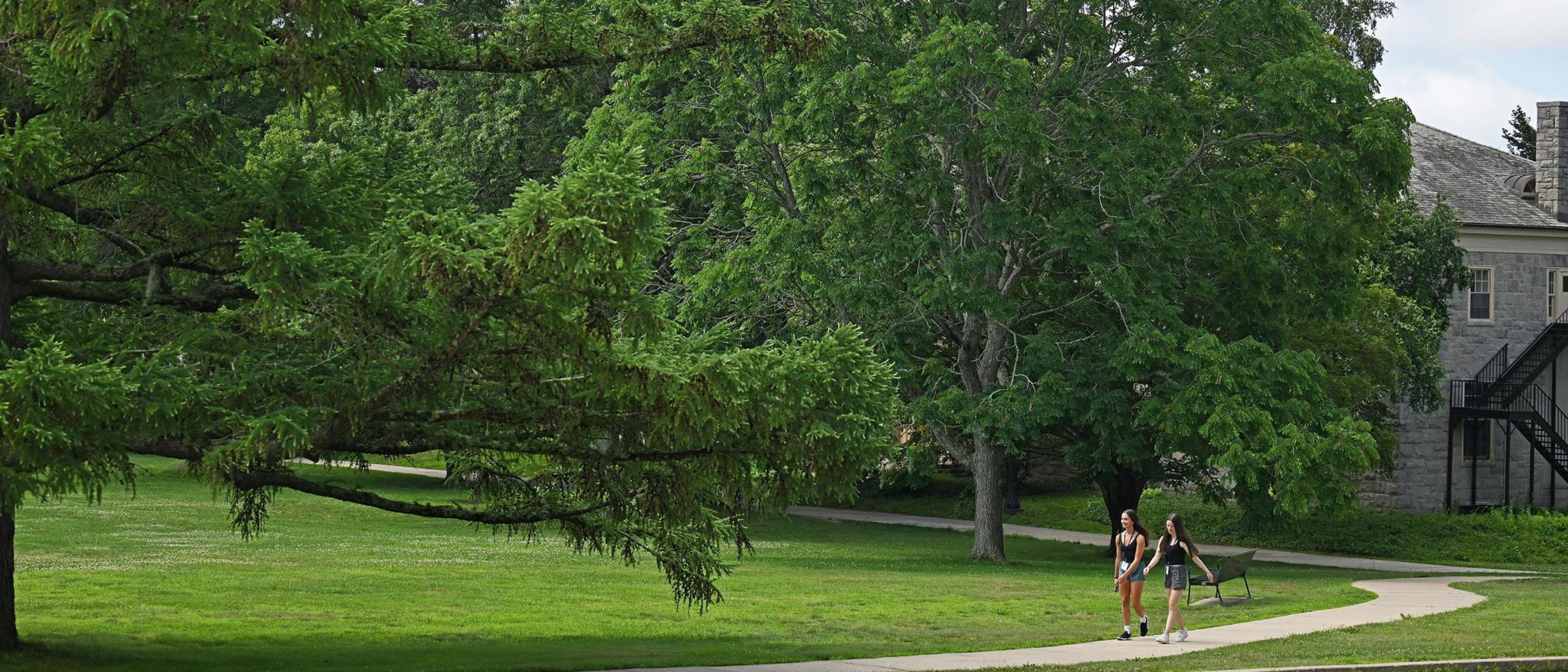Considering a physical feature and its role in your identity
Nikeya Tankard ’28
The morning was a war I could not win with a mane as versatile as mine. On the left side of the quartz battlefield divided in half by my dipping sink lay an array of thick fragrant creams and strong gels to emphasize my natural pattern, moisturize, and eliminate the threat of dryness and frizz; on the other end, cool, sleek metal tools remained ready to heat up and flatten, dizzying sprays of vanilla and lavender aroma ready to defend from heat damage.
My hair occupies two main forms: curly and straight. My curly hair, reminiscent of my father, his similar African-descending curl pattern reflected in me, reminds me of being wild and free, my first sunny day of summer after kindergarten leading me to Eastville beach. Once the wet and salty sea water seeped into my braids and the hair-ties restraining my hair were pulled off, my curls were allowed to fully spring about. My straightened hair is akin to my Nepalese mom’s bone-straight jet black hair. I too feel a sense of freedom when my cropped coils turn to long, silken strands, reminding me of feeling the cooling coastal Martha’s Vineyard airs weaving through my scalp, watching the wind’s wild waltz with my light wisps, reaching my head outside the window of my best friends’ old Ford, cherishing our last few days of summer as the sun set.
The products used to simply maintain my hair invade my bathroom sink and across my counters, creating the battlefield I fight in each morning. Should I keep my curls or straighten my locks out for the day? Well, I enjoy both. Both are representative of my biracial background and the joyful memories I've cultivated wearing each. But at the same time, they remind me of hopelessness.
My hair tangles, even if left completely untouched. My un-uniform curls grab ahold of each other, creating knots that I am forced to drag my comb through. To straighten my hair requires hours of time, strong joints, and the indirect ingestion of a whole lot of sweetly-scented heat protectant spray. Society too often expects people to be monolithic, from tests asking me to check off the single race I identify with most to ignorant comments commenting on how I “look so oriental” or “tropical” with my hair in a particular way.
Though choosing between styles every Sunday morning on “wash-day” can be confusing, as both have their pros and cons, I aim to maintain my privilege of choice and continue to express my duality through my hair. Besides the way I wear my hair, I pride myself on doing lots of things through differing avenues. While English is my main calling, I enjoy exploring the many mediums the subject encapsulates. Besides the standard school essays, I write, interview, edit and report for both my school and the local leading newspapers, I have journals full of poetry entries illustrating my ideas on abstract questions, I created and hosted a podcast based on exploring diverse student perspectives, and I write analytical essays recreationally, topics ranging from delegitimizing the regularity of late-term abortions to following internet meme “Pepe the Frog” and its political evolution. Besides writing, governmental management, citizenship, and serving my island have become extremely important aspects of my life, from joining varying clubs, committees, and panels in my community that will enact change within both my school and wider regional levels, to leading my own term as student council president during junior year.
Though I struggle with my hair, choosing between the two styles, and managing this duality, I am grateful for my hair, and the meaning it holds within its strands. Just as I manage my hair, I have the choice to like many things in many subject areas and niches, disregarding concepts of monoculture and conformity. I hope to always maintain a sense of self, my vast passions, and similarly, a good grip on my hairbrush.
Why It Worked
Every essay we receive is read by our admission counselors. Here's what they said about Nikeya’s:
Nikeya's essay about her hair journey is creative and authentic. It draws the reader in with imagery, painting a picture of what she herself sees in the bathroom mirror. But it becomes so much more than her hair when she unpacks the transformation she has had within her hair journey as well as her identity. She also seamlessly weaves in her ability to choose, not only her hairstyle, but how she lives her life, exploring various avenues and interests. This essay worked because it told us a lot about Nikeya, from hair to out there.
